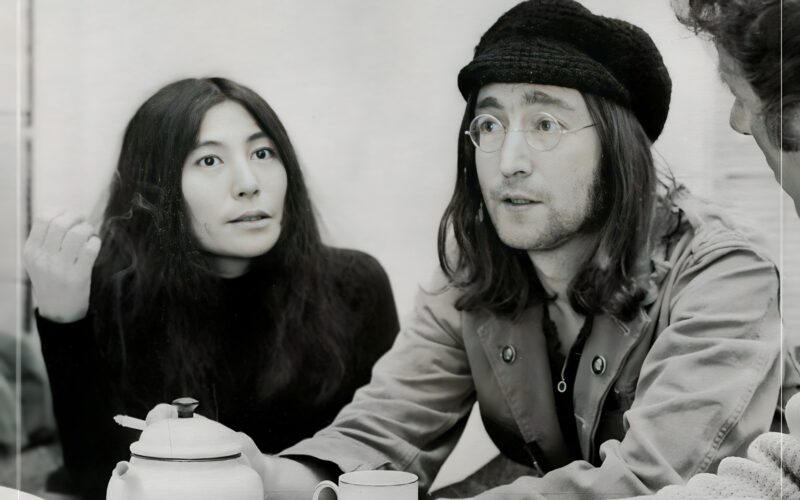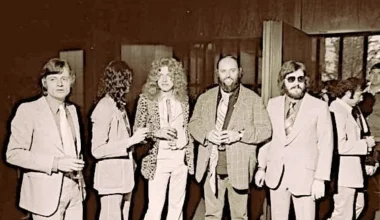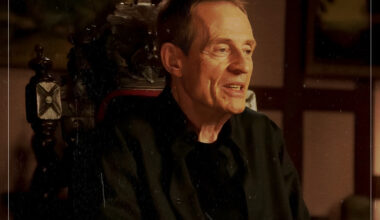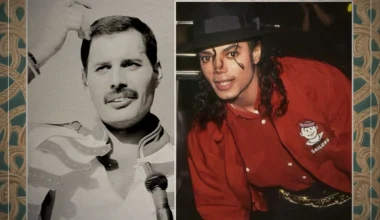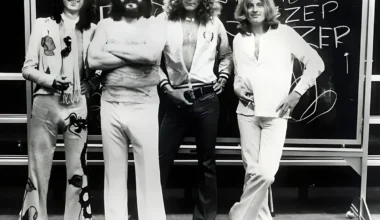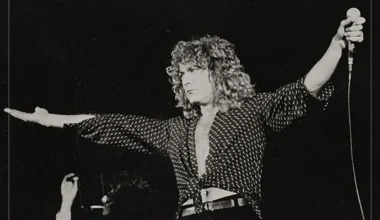The Beatles were never meant to go on forever. Although most people like the idea of the Fab Four going the way of The Rolling Stones and making music forever, the idea of any band being together for that long and not having a few hiccups along the way was virtually impossible. They knew that they wanted to cut things off at the right time, and while tensions had been brewing for a while, John Lennon knew when he had reached the final straw towards the end of making Abbey Road.
Although the band managed to get back together for a little while, they were clearly on different creative pages. You wouldn’t know it given how cohesive the music was, but Lennon had already begun working on avant-garde music with Yoko Ono and peace protests against the Vietnam War. His political side wasn’t about to stop, but having to put up with Paul McCartney’s schmaltzy songs whenever he returned to the studio wasn’t the state of mind he was used to anymore.
Then again, it didn’t help that they hired Allen Klein to oversee their affairs, either. As much as he seemed like a good idea at the time, Macca was right on the money about him being a scoundrel looking to make a quick buck, but that didn’t stop the rest of the band from turning on ‘The Cute One’ when the business dealings ended up falling through. But for Lennon, he would have rather been free of the band and able to do his own thing once he played his first official solo gig at the Toronto Peace Festival.
But the idea of Lennon going on by himself was already pretty ballsy. This would be the first time that a Beatle would be playing a show by themselves, and while Eric Clapton and Klaus Voorman were on hand to play fantastic versions of ‘Money’ and ‘Yer Blues’, there was already a feeling in the air knowing that three very important faces weren’t at Lennon’s side when he strapped on his guitar.
The makings of the Plastic Ono Band were already in place, but Lennon figured that it was better to have a band that was interchangeable than spend time with the Fabs a day longer, saying, “I hadn’t decided how to do it, to have a permanent new group or what. And then later on I thought, ‘F**k it, I’m not going to get stuck with another set of people, whoever they are.’ So I announced it to myself and to the people around me on the way to Toronto, the few days before. On the plane, Allen came with me, and I told him, ‘It’s over.’”
But if there’s one thing that this should clear up, it’s that Yoko Ono had nothing to do with The Beatles going their separate ways. Despite everyone’s insistence on attacking the one new face in the studio at the time, Ono was more or less an emotional support for Lennon during those times, and while she did give her opinion on some of the tunes, she was the least of their problems once the lawsuits started rolling in.
If Lennon was going to make new music, though, he realised that he wasn’t suited for playing gigs like he used to. His star had risen so far beyond any other artist of his time, so if he was going to go back onstage, it was going to be for something he could stand beind, whether it was the political movements that he supported on Some Time in New York City or making a surprise appearance at an Elton John show to bow out.
As the Toronto Peace Festival unfolded, most Fab fans weren’t thinking anything of one of their idols having some fun with a bunch of his friends, but this may as well have been an omen of things to come. Lennon was entitled to play with anyone he wanted to, but as far as he could tell, it was time that the “four-headed monster” be put out of its misery.
